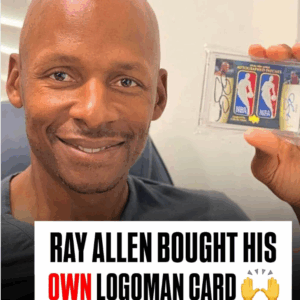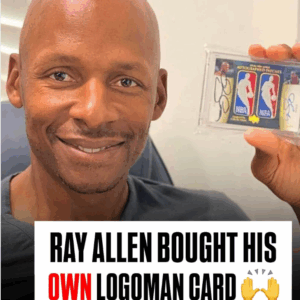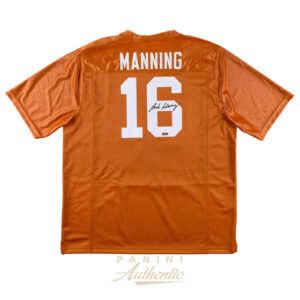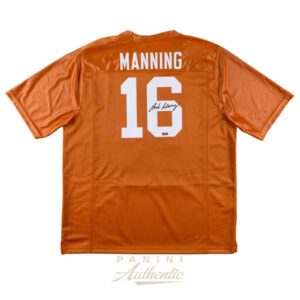The curtain has fallen on a tale woven with intrigue, deceit, and betrayal as Ippei Mizuhara, who was once an integral voice in Shohei Ohtani’s world, begins a nearly five-year residence behind bars. In a dramatic twist befitting a high-stakes crime drama, Mizuhara, who stood shoulder to shoulder with the MLB superstar, now faces the consequences of manipulating trust for gain. His guilty plea to shocking charges of bank and tax fraud has resulted in a federal prison sentence of 57 months, bringing an extraordinary episode of financial chicanery into sharp relief.
At the core of this jaw-dropping saga is the three-time American League MVP, Shohei Ohtani, a name synonymous with discipline and dazzling prowess on the baseball field. Yet, away from the roar of the stadium, Ohtani became an unsuspecting target of financial exploitation engineered by Mizuhara. Presented as a confession of utmost betrayal, Mizuhara admitted to siphoning away over $17 million—a staggering sum—by masquerading as Ohtani and breaching his bank security like a skilled art forger slipping fraudulent works into a gallery.
The misadventure that led to this grievous act first emerged clandestinely in early 2024 and broke into the limelight in March when astute reporters from ESPN exposed Mizuhara’s illicit involvement in gambling and subsequent fraudulent acts. Once the trusted lingua franca of Ohtani’s communication with the wider world, Mizuhara’s immediate dismissal from the Los Angeles Dodgers cast a long shadow over the sterling image he cultivated. Federal authorities pounced on the leads with vigor, launching an exhaustive investigation that ripped open a Pandora’s box of misdeeds.
Court documents, as testamentary evidence, painted a collage of calculated deceit. Mizuhara viewed banking protocols not as safeguards but as hurdles to vault over, granting himself unauthorized control over Ohtani’s financial realms. In instances worthy of a Hollywood heist, he played the part of Ohtani himself, audaciously authorizing wire transfers with faceless abandon. A larger-than-life gambler, Mizuhara’s spoils, meant to plug his mounting gaming debts, ranged from funding personal extravaganzas to investing in sports memorabilia, intending to score big in resale.
Ohtani, dispelling the specter of this tumultuous financial odyssey, emerged relatively unscathed in one uplifting chapter. In a commendable show of rightful ownership, he legally reclaimed a fascinating array of high-end sports cards, a portion of his purloined fortune. Featuring legends with the likes of Yogi Berra and Juan Soto, these stolen cards bought from platforms like eBay were again his, restoring justice in one small corner of this sprawling tale.
Mizuhara’s rendezvous with destiny didn’t end merely with a prison sentence. The court decreed that his penance should extend to a full monetary restitution of the stolen funds alongside a hefty tax debt owed to the IRS, magnifying the gravity of his infractions. After the term in federal confinement, a triad of supervised release years awaits him, not to mention possible deportation proceedings, as his Japanese nationality places him in a precarious legal position post-penalty.
Falling from grace is a drama that certainly ensnares attention, but it’s the wide-reaching ripples in Major League Baseball’s waters stirred by Mizuhara’s deeds that demand reflection. His actions unmasked vulnerabilities lurking in the financial management of players esteemed for their athletic genius rather than financial savvy. Despite Ohtani’s typically impermeable public façade, this seismic event has undoubtedly tightened security measures across the ally and major professional leagues.
There is a new vigilance coursing through boardrooms and locker rooms alike; the need to protect athletes from those who would pilfer through deception has never been more evident. This is a cautionary tale that cautions those who walk among the giants of sport, providing a keen reminder that not everyone within the inner circle wears their intentions on their sleeve.
As Mizuhara begins to contemplate the consequences of betraying a friendship forged in the heat of major league actions, the public narrative pivots to a sport looking to fortify itself against similar intrusions. Tensions have eased momentarily, tucked away beneath the thrum of peanut-strewn stadiums, as we are all reminded of the fragile balance between trust and betrayal in the cutthroat world of professional sports.





